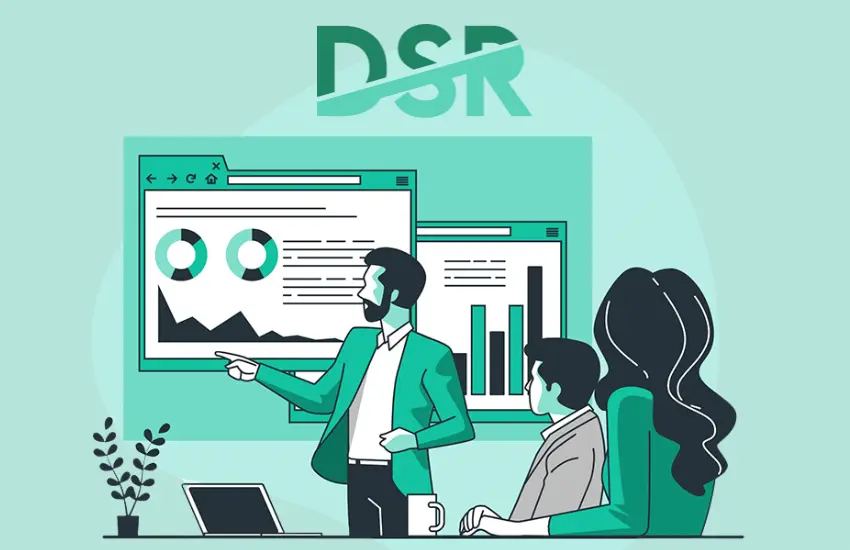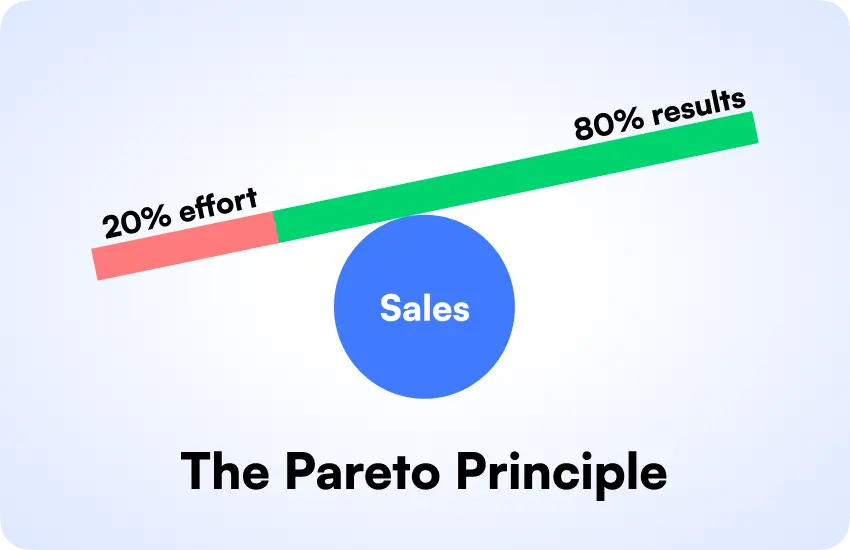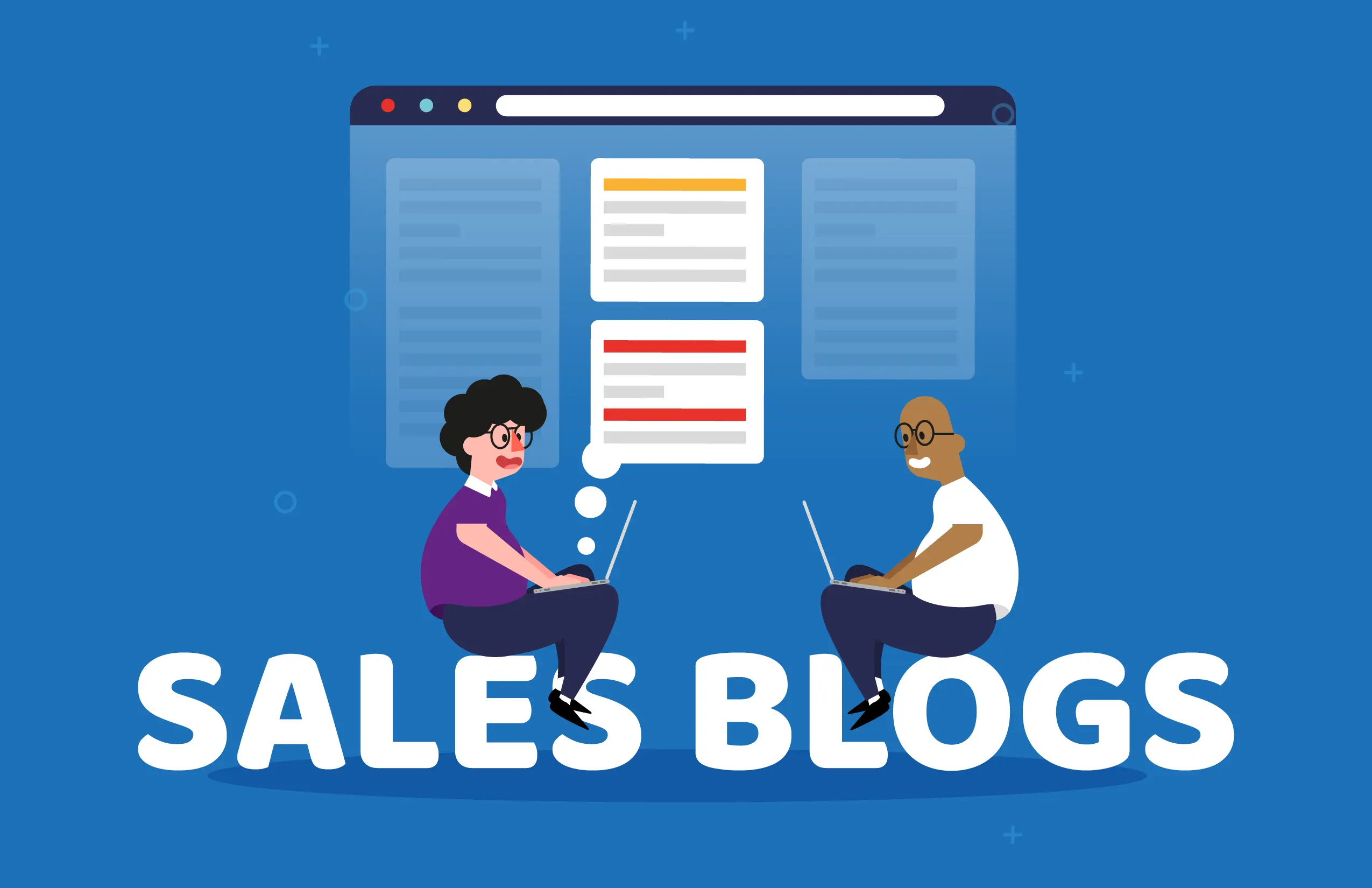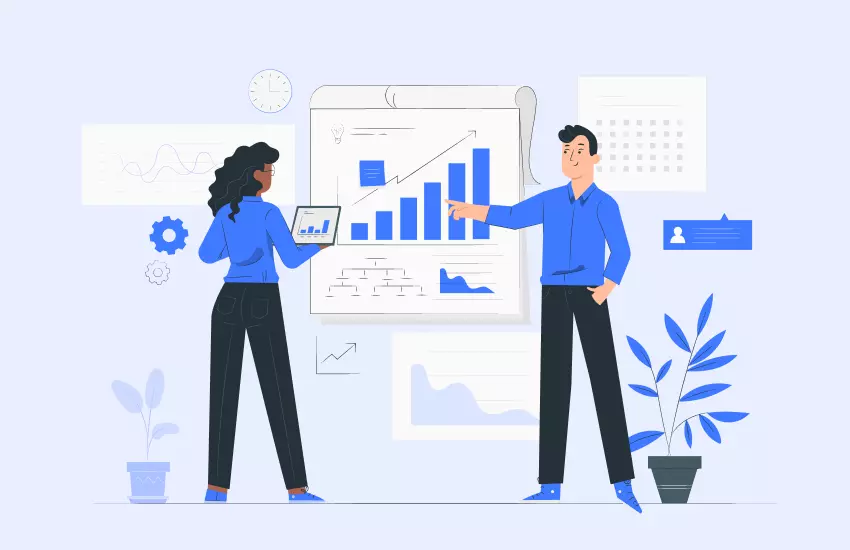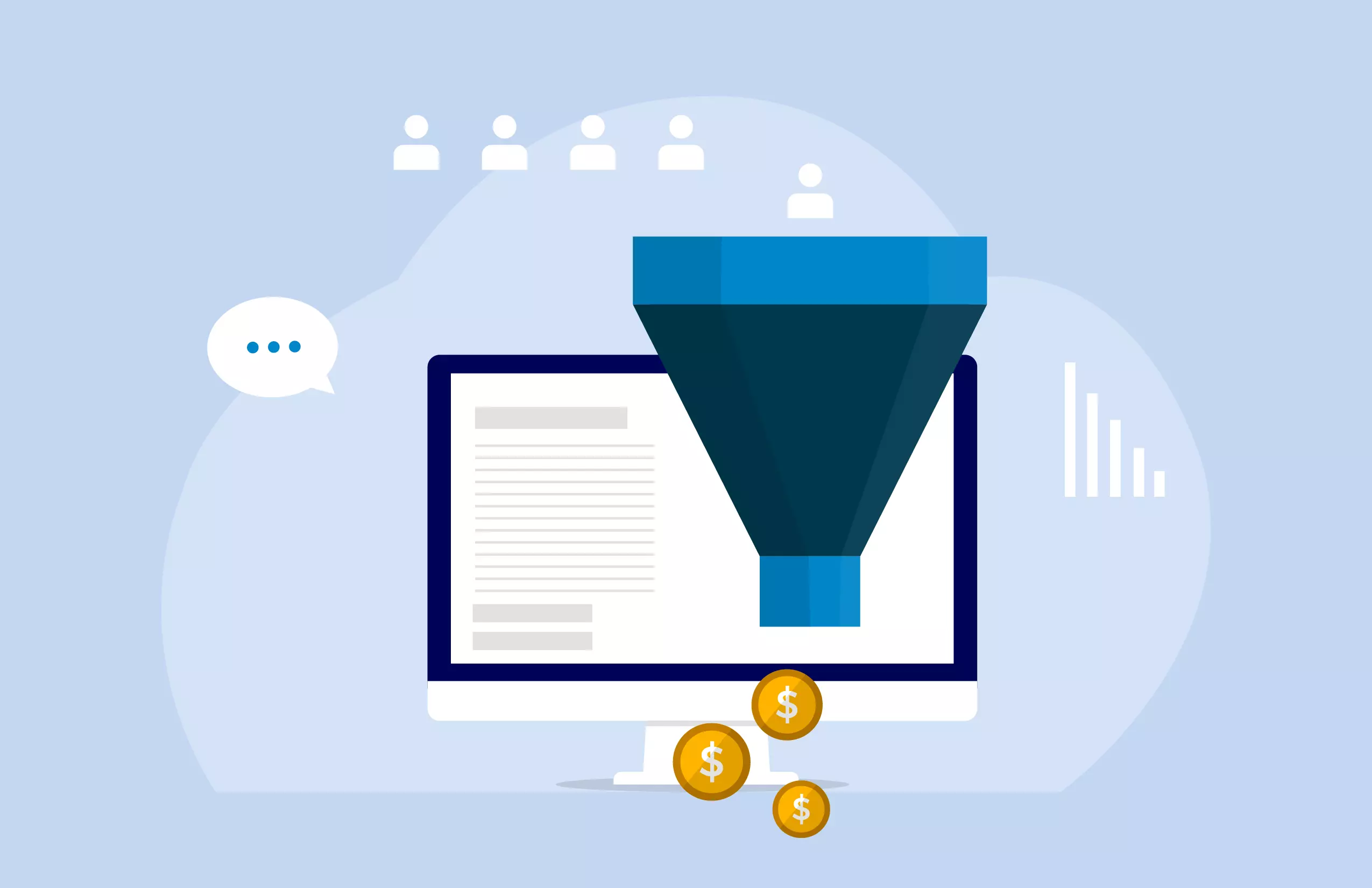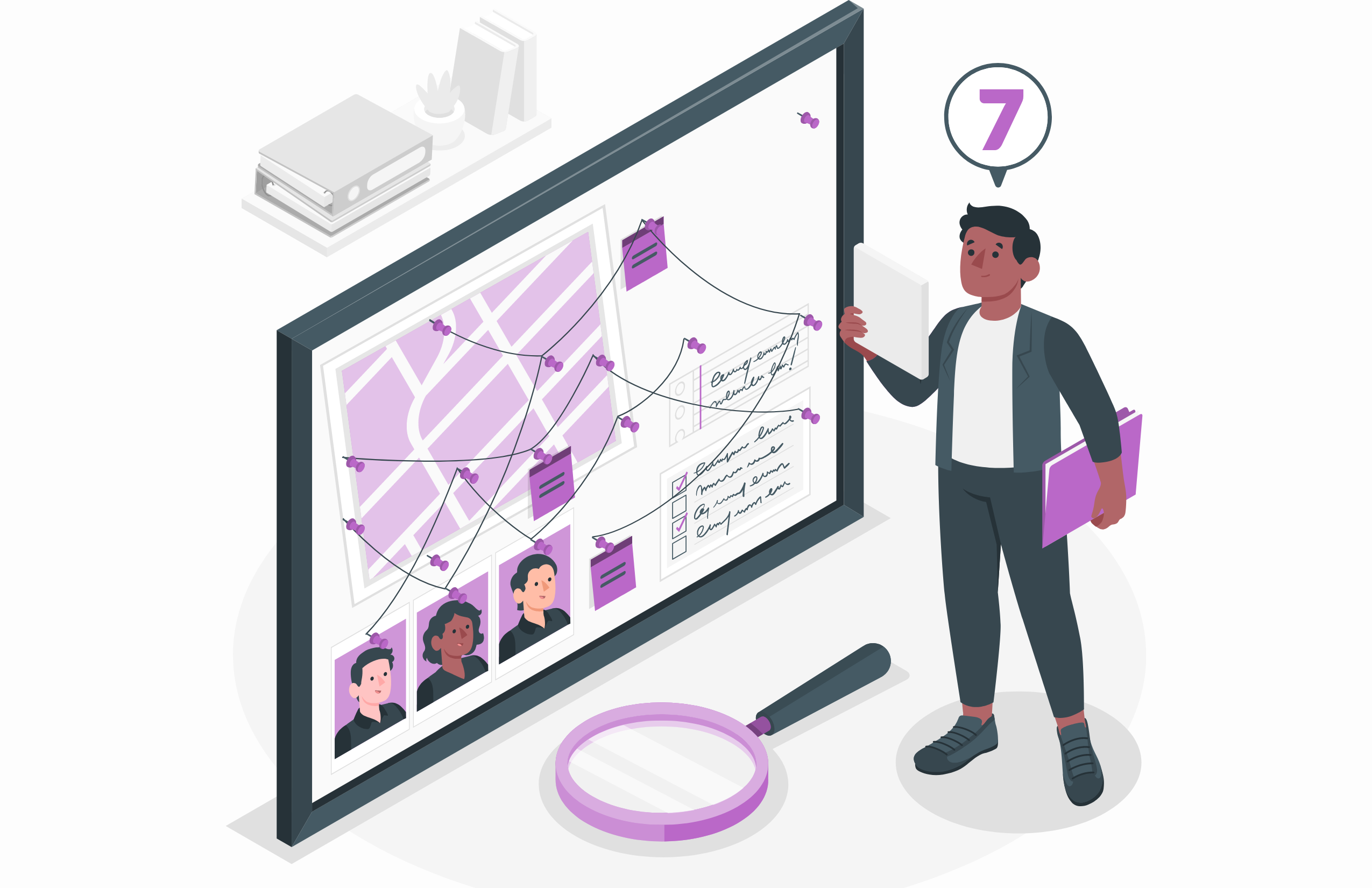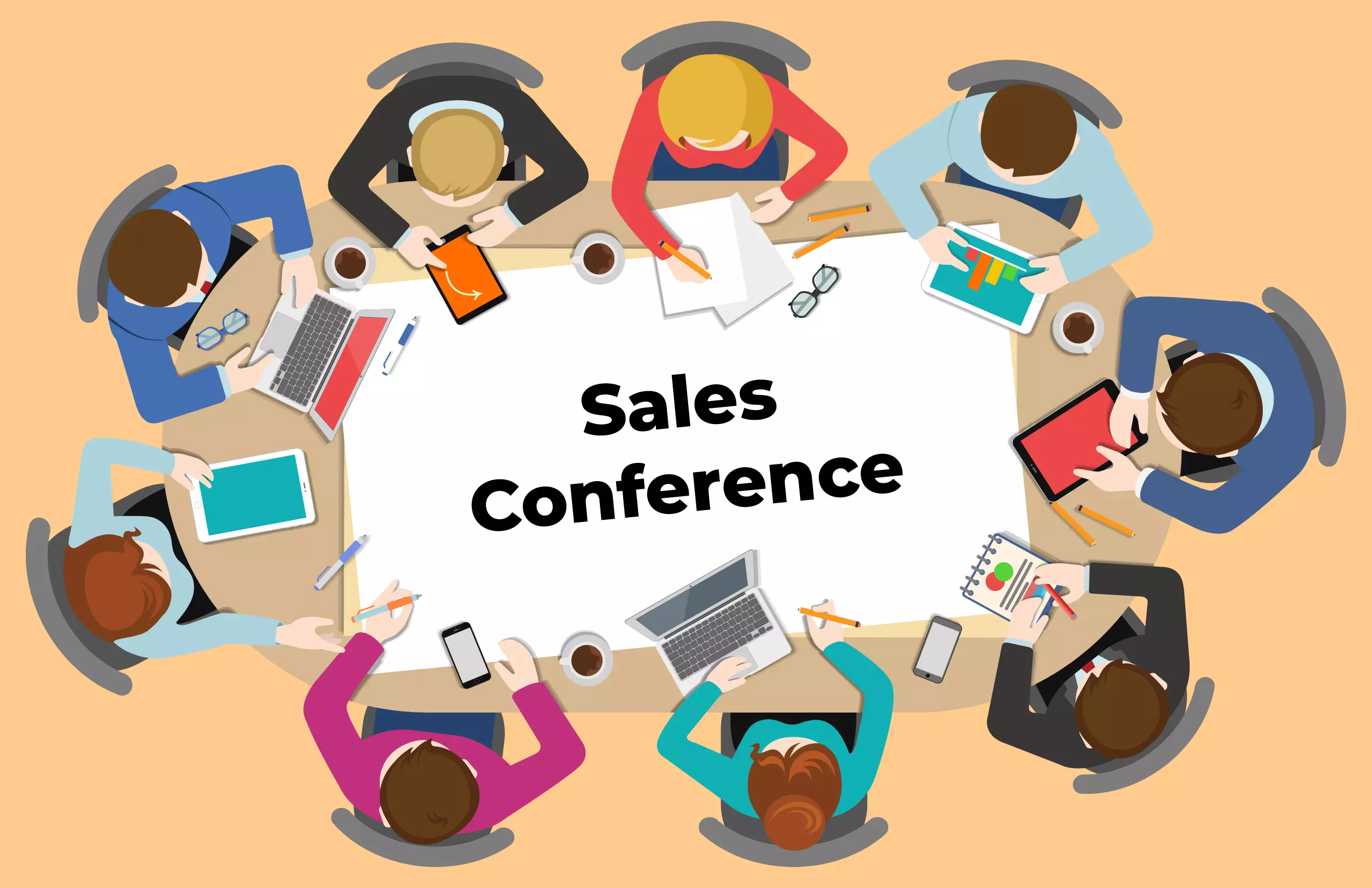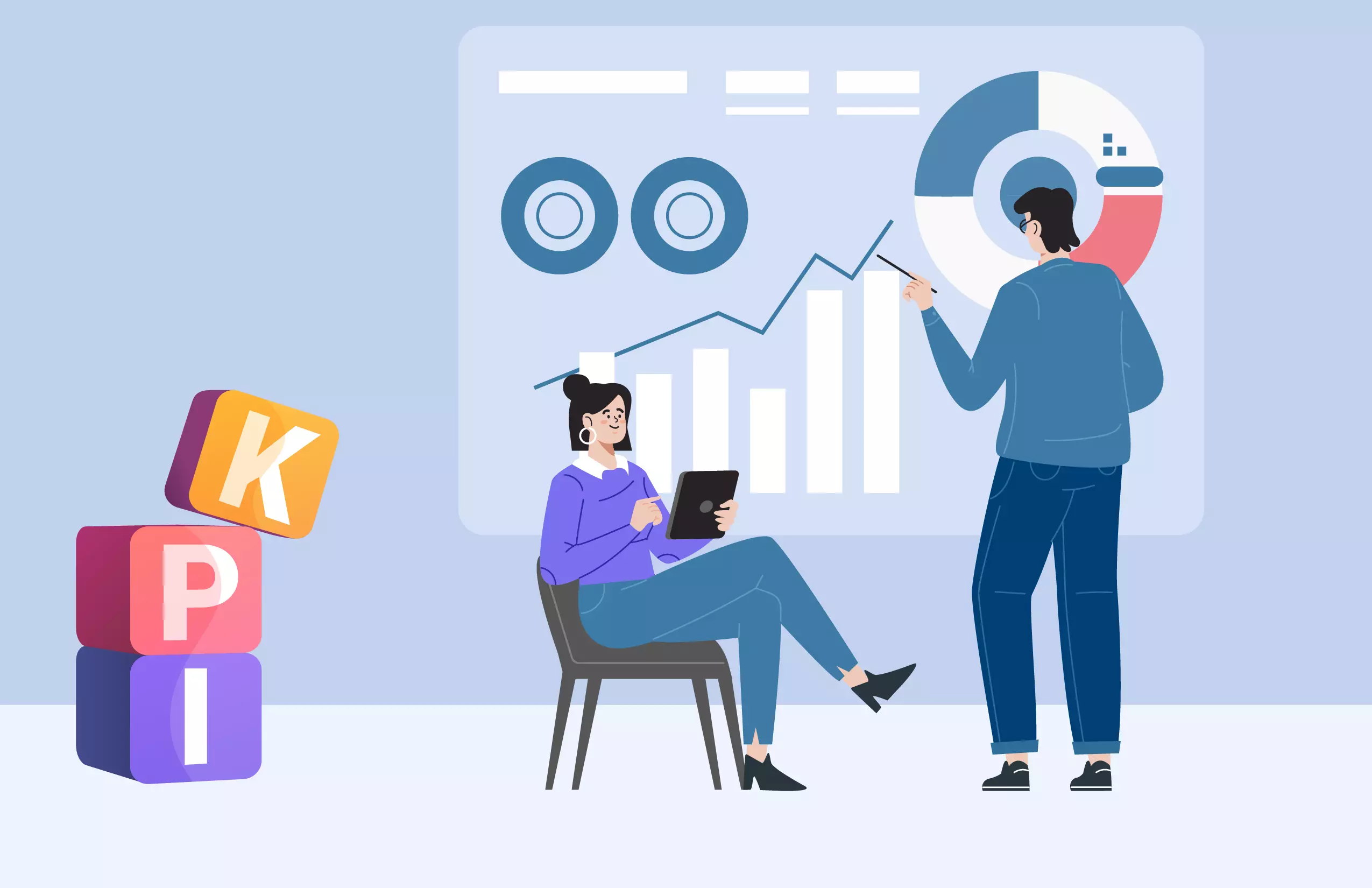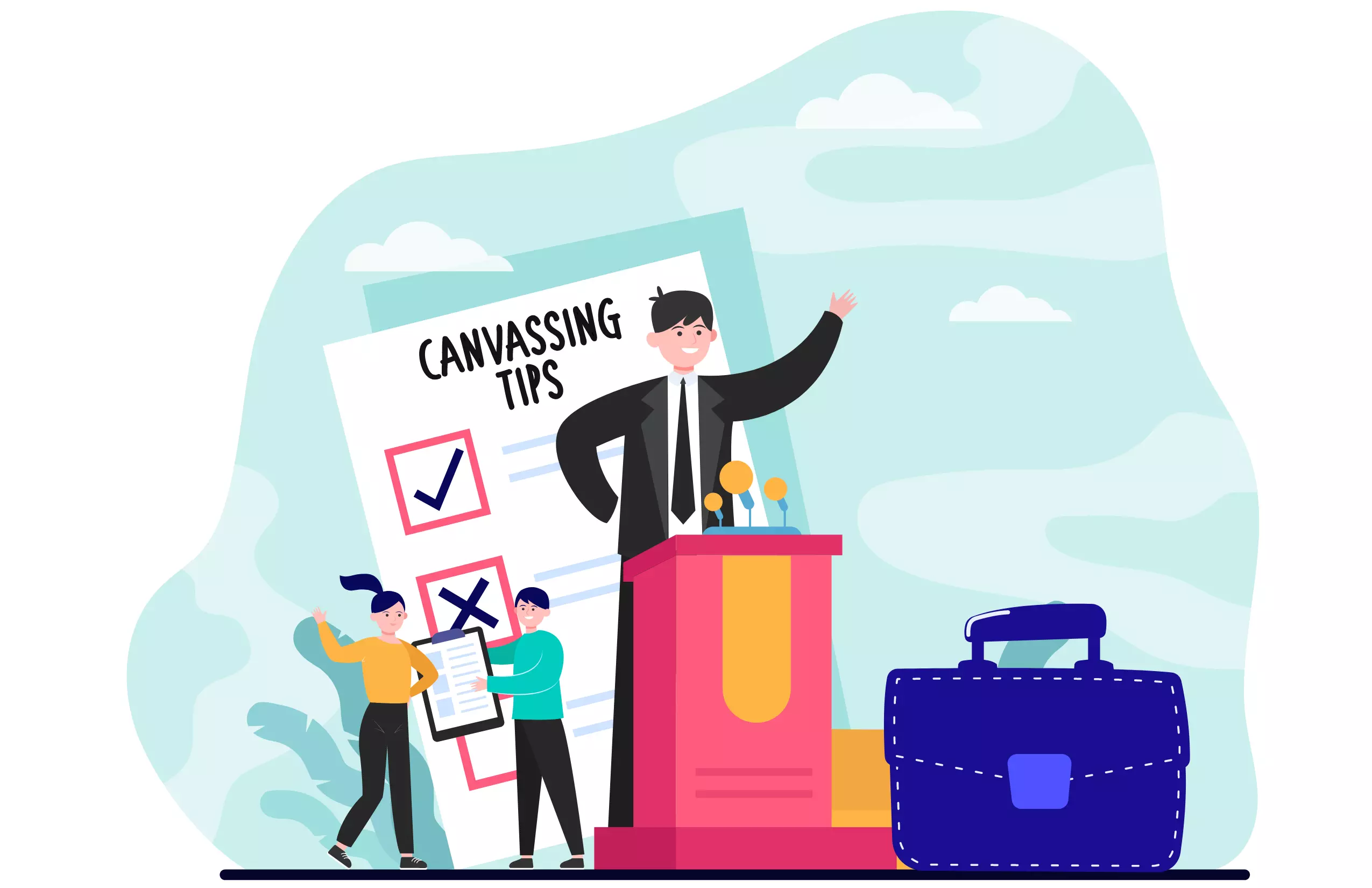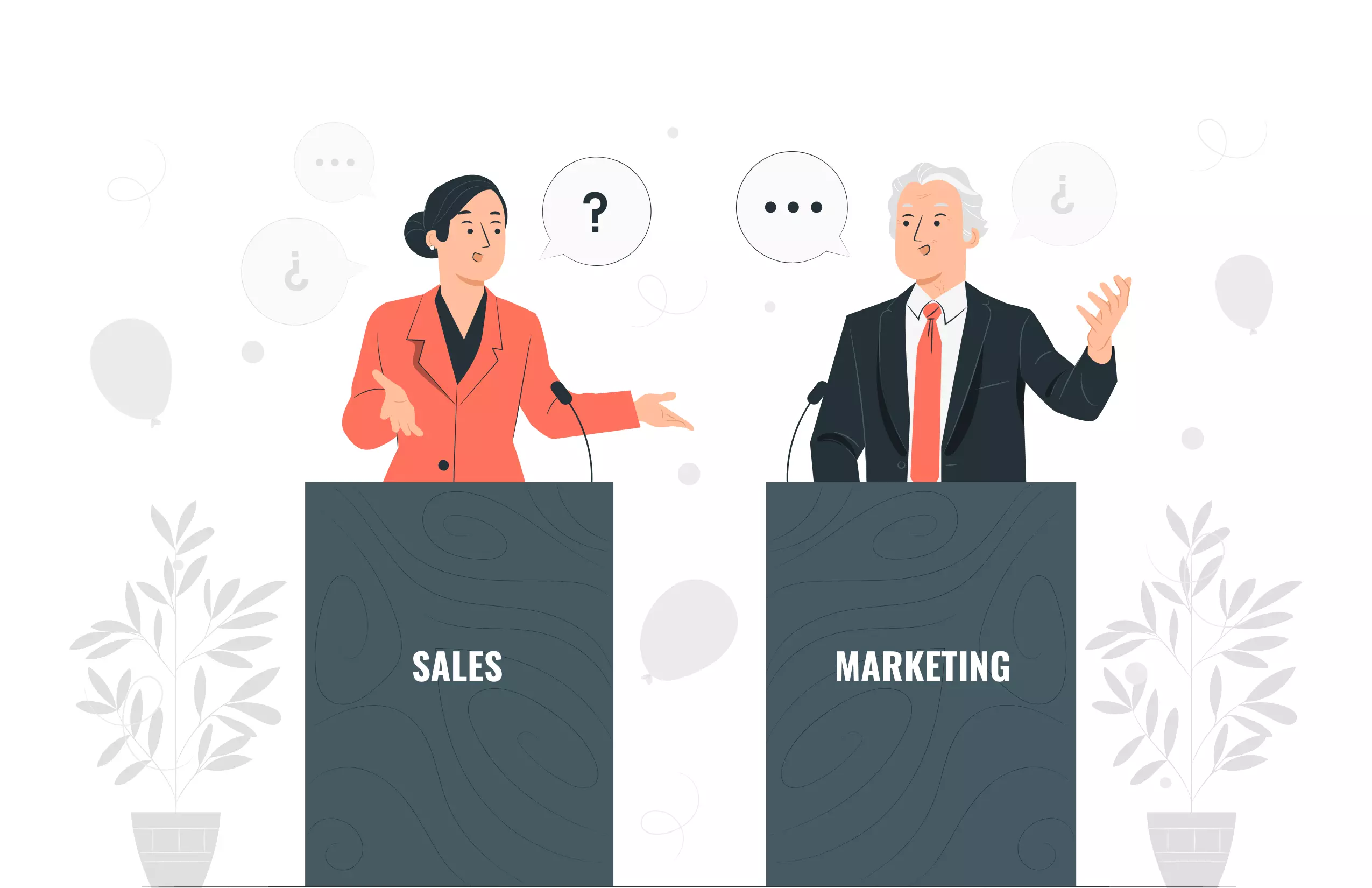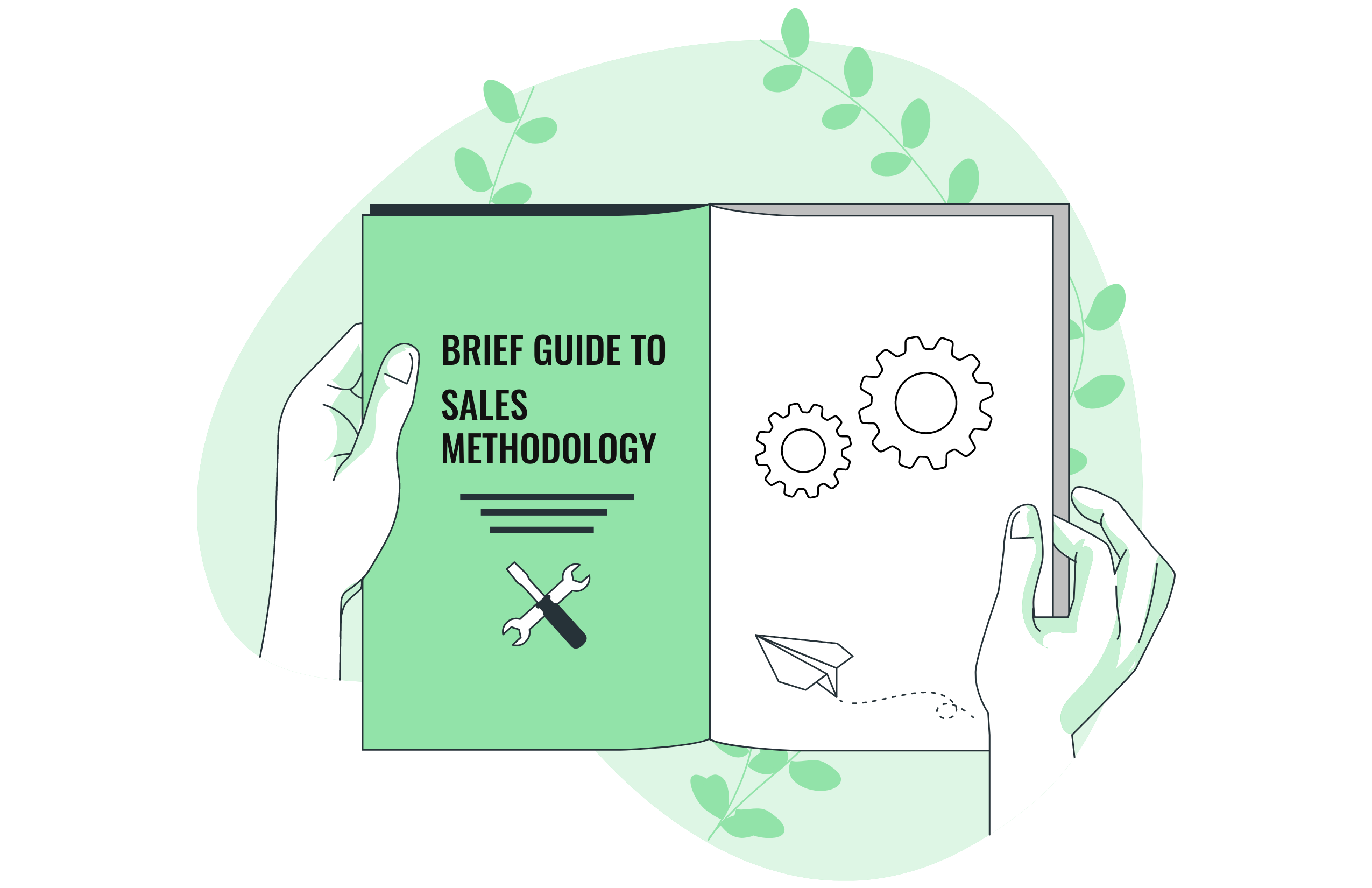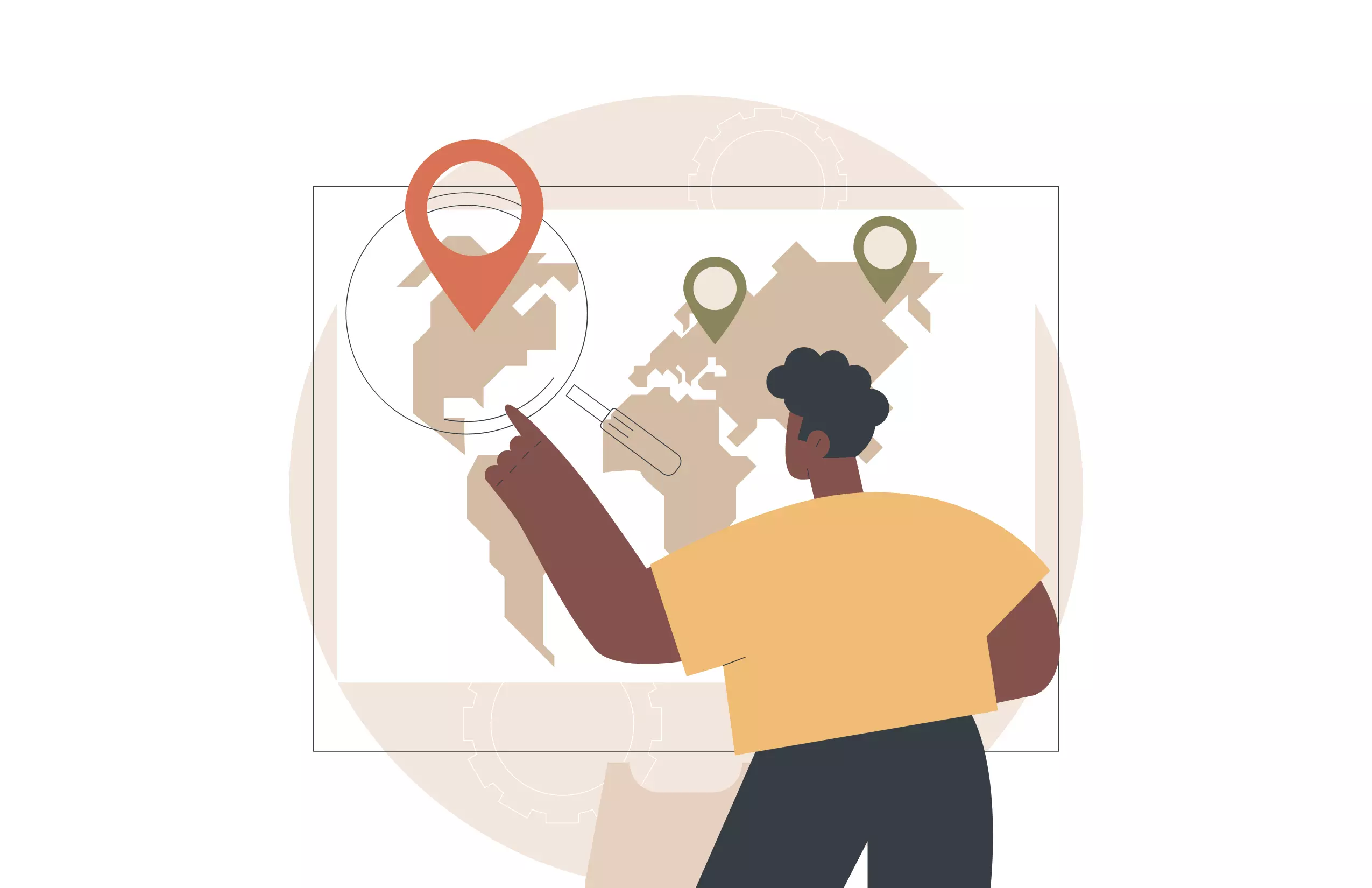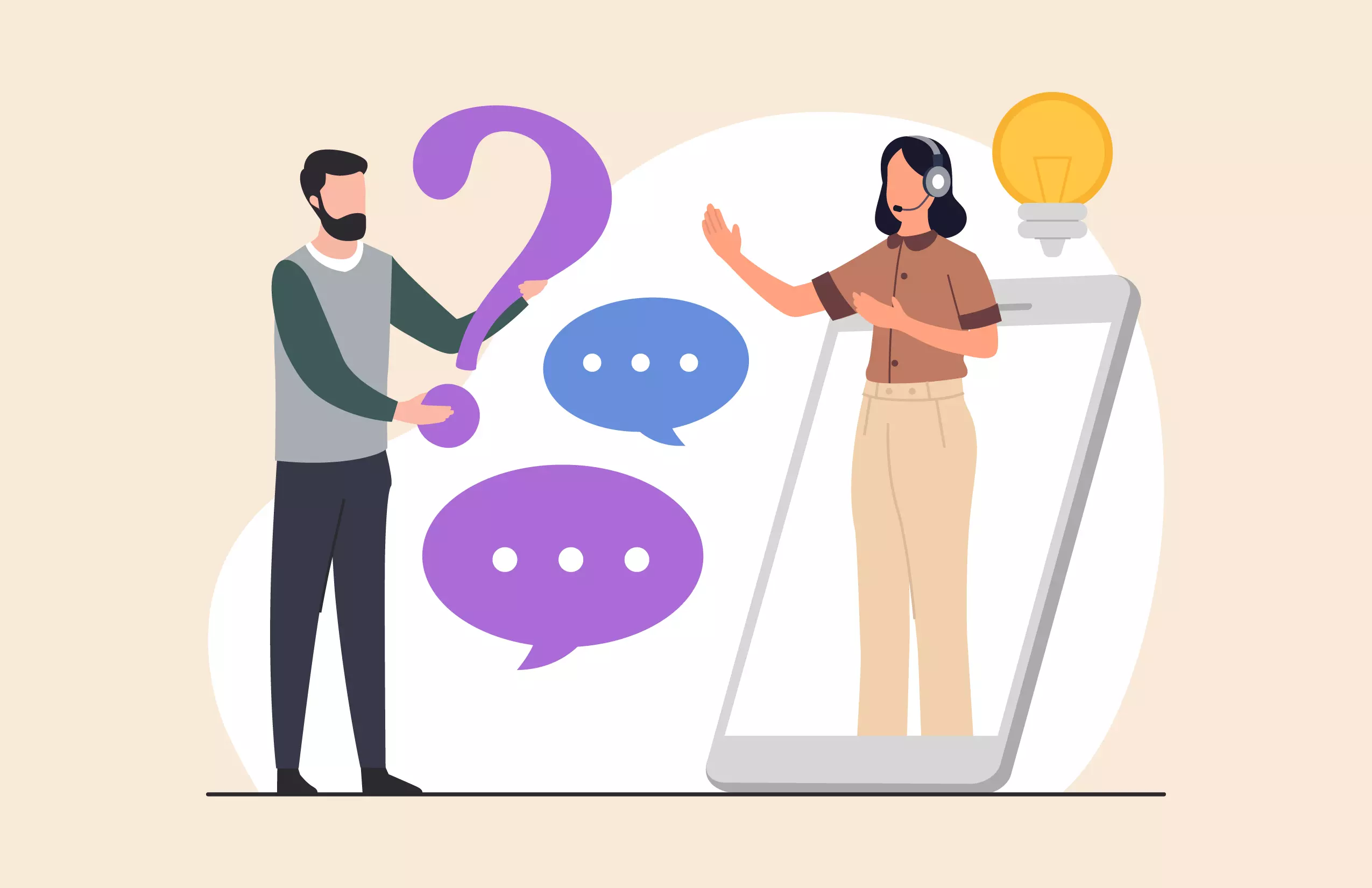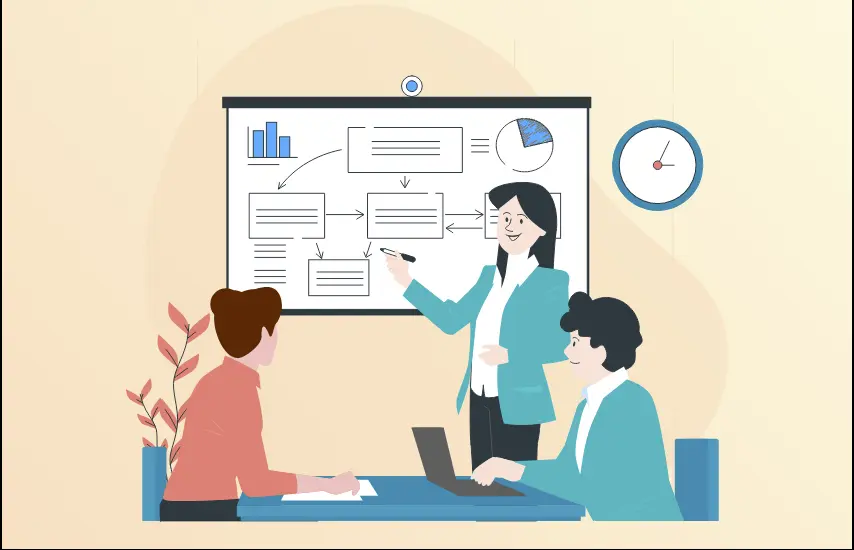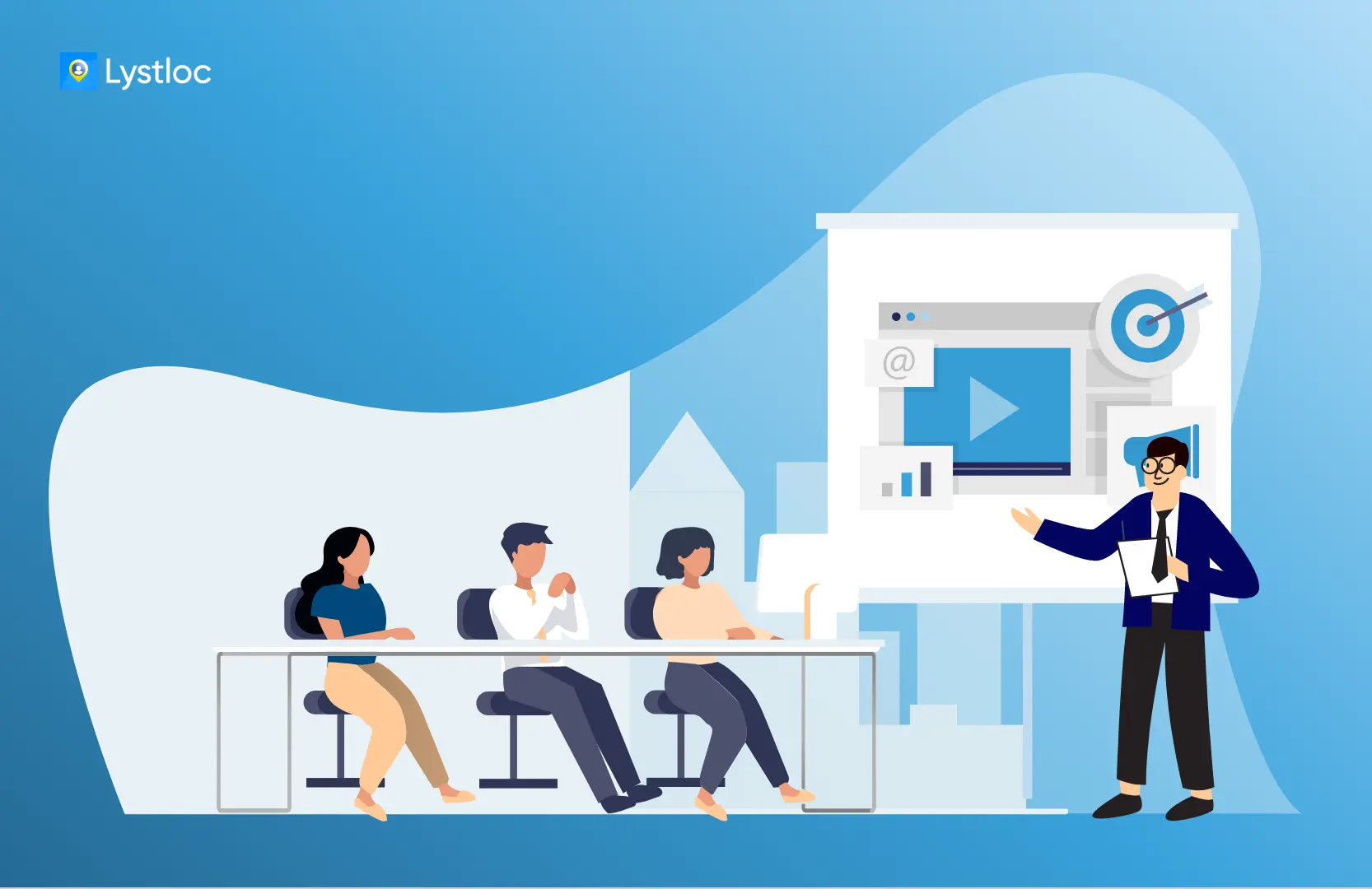
Importance of open-ended questions in sales
Table of Contents
What’s an Open-Ended Question in Sales?
An open-ended question in sales is the facilitating factor to completely know about the prospective customer. These questions can be asked at any stage of the sales process, whether they can be asked in the introduction or at the conclusion with the targeted client. When open-ended questions in sales are properly implemented, salespeople can gather additional information about the client and their demands.
Why Are Open-Ended Questions the Most Effective?
Open-ended questions are more sufficient at the time of sales. When salespeople continuously find details about their leads, they can level up their strategy and get accurate information.
For example, a salesperson can plan to solve a customer’s issue with the help of his product and how it could address the issue through a sales call/email. By doing so, the client will believe that the sales rep is conscious of their problem which paves the way for objection handling too.
Notably, a customer will feel happy if you ask them open-ended questions. They believe that you are truly aware of their problems so that they could assume your product/service would tackle their hurdles. Even a salesperson would feel authorized, and creates a good bond with their customer, and builds a strong credibility.
Some examples of open-ended questions are:
- 1. How do you consider our latest deal?
- 2. How should we proceed after today?
- 3. Have I left any concerns unsolved concerning our product?
- 4. How much revenue do you have reserved for this [Project/Product/Service]?
Importance of open-ended sales questions
Constructive trust for customers
Open-ended questions strengthen trust between a sales rep and the customer, as the customers are ready to pour their thoughts and opinions. When people find the right person to share their issues, they believe that they support them in some way. Their emotions are described in every manner such as good, bad, etc. It lets people have good communication with the salespeople about what type of products they want or how your product should solve their problems.
Also, give them a chance to explain things in detail like their profession, their responsibilities, and their worries by asking open-ended questions. This could bravely help you to close the sales deal with the potential client effectively. The power of open-ended questions in sales collaborates you with the customer at ease.
Recognize potential clients
Open-ended questions in sales create hope that you are intended to hear what the potential client is about to say. If the prospect would discuss a meaningful topic with you, which in turn will be easier for you to contribute about the most significant topic.
When a customer finds your way of communication is more comfortable for them, they would build a strong relationship with you and it will be easy to find their challenges, and would be simple to close the sales deal. They consider your way of speech as an honest discussion rather than declaring it as a sales pitch.
Open-ended sales questions play a vital role in making and closing a sales deal. In today’s sales technology, the probability of one-sided speech or product testing to a genuine conversation with the essential client is necessary. The sales professionals are functioning in their field well with the help of open-ended questions.
Possibilities to figure out pain points
When a prospect expresses their way of speech as a willing factor, then you find more opportunities to figure out their actual issues. This aspect allows you to spot the good factor about your product/service that will comfort the users and increase your possibility of making a sale. For example, if a client answers an open-ended sales question by saying “My current service is so tricky to use”, you could grab this situation by explaining how your service will ease them.
Generates clear vision
You can make your client clearer about providing the right solution at the right time. When an open-ended question is asked with a prospect by using the phrase What, How, and Why they assume you are more conscious about their issues. Even, you would learn a lot by closing the purchase with the respective client. By these factors, managers could identify whether the salespeople are capable of selling the particular product/service smartly.
Open-ended sales questions are a good sign of indication that a customer is more engaged and enthusiastic with the salesperson rather than shortening conversations by saying yes/no.
Bottomline
The open-ended question in your sales strategy is a good idea for gaining sales knowledge as well as creating trust in customers. It shows them how loyal you are to the prospect about the issues they are facing. In general, salespeople gain a bad reputation when they don’t have a good sales strategy like talking harshly or talking too fast.
But this strategy of open-ended sales questions is a deciding factor for a salesperson to shine in their sales field and earn the respect of the prospect too.

